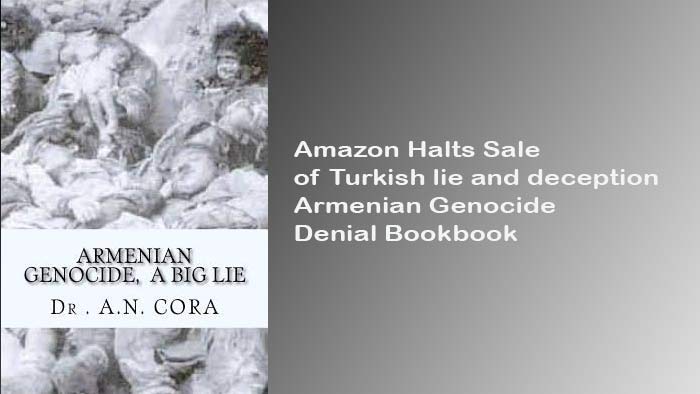
On September 15, 2020 Hrant Dink would turn 66. In commemoration of his anniversary, Newmag informs that Valerie Manteau’s fiction novel “The Furrow” will be published. The translation and publication of the novel is supported by the Embassy of France in Armenia and the French Institute.
35-year-old Valerie Manteau is a popular journalist and columnist. In 2008-2013 she worked for the popular magazine Charlie Hebdo.
Hrant Dink is at the heart of the latest work by French writer and journalist Valérie Manteau, entitled Le Sillon. Living in Istanbul since 2017, the novelist sets out to find traces of the journalist and his heritage. Mixing autobiographical story and work of memory, this novel received one of the highest French literary awards, the Renaudot Prize, in 2018. Le Sillon is literally the French translation of the name Agos, the journal of Hrant Dink.
Valerie Manteau’s second novel has remarkable depth. In a masterful depiction of the unknown, a love story dotted with impossibilities commingles with a world on the verge of the abyss and with the life of a murdered journalist.
A young woman meets up with her lover in Istanbul. While the city is slowly decaying amidst its contradictions and the violence of the regime, some are still fighting for their freedom. As she wanders around, this woman discovers the story of Hrant Dink, an Armenian journalist murdered in Turkey because of his aspiration for peace.
Frederick Martin, French publisher and director of the publishing house Le Tripode, said, “When I first read Valérie Manteau’s The Furrow, I was so impressed by it that I decided to make it the only book that our independent publishing house, Le Tripode, would publish during August and September 2018. A few months later, the book received one of the most prestigious literary prizes in France, the Prix Renaudot. It’s impossible to say whether this book is a novel or an autobiography. And yes, it’s as much a feminist text as it is an essayistic reflection on the tensions between the East and the West. And yes, it is within this fusion of coarseness and elegance that something distinctly French flourishes (even if I have some doubts about this). And yes, more than anything, it succeeds, with unflinching nerve, at interweaving the intimacy of a love story with a stirring defense of democracy against populism through the figure of an extraordinary man, Hrant Dink”.
The book not only received an authoritative award, but was also warmly acclaimed by critics. Here are a few:
Virginie Despentes, French writer and novelist: “The writing is direct and sincere and it immediately had me hooked. I love how she portrays Turkey, she describes what could happen in France tomorrow.”
Annie Ernaux, French writer: “Inside Le Sillon dwells a frantic, violent and menacing world ; a world that is nevertheless very much alive. Its story approaches the collective experience in the best possible way : through the intimate everyday life of the individual.”
Dany Laferrière, Haitian-Canadian novelist and journalist: “I was delighted [to read the book], even if the theme is serious. An outlook, a style and a generosity that brought out emotions in me that I hadn’t felt before.”
Yann Perrreau, Les Inrocks “Her honesty brings Emmanuel Carrère to mind, the use of “me” that becomes all the more delicate and painful since this “me” is stripped naked, revealing all of its imperfections and defaults. It is a novel about a failure, but nothing is more beautiful than the stories that end badly because their themes surpass them.”
Alexandra Schwartzbrod, Libération “Valérie Manteau combines an autobiographical love story and an investigation into Hrant Drink, the Armenian journalist who was assassinated in 2007.”
The translation of the book into Armenian has already begun. Samvel Gasparyan is translating it. Samvel previously has translated Charles Aznavour’s books for Newmag. Now the translation is in process. “This is not only a book about Hrant Dink, but also about Turkey as a whole, its cities and problems. I think we are dealing with a very interesting writer both in terms of language and approach. This is a very beautiful, lexically rich book. This is not an ordinary book. This is a truly extraordinary novel with original structure and an inner dynamic.”
On this occasion the Embassy of France made a statement. “The Embassy of France in Armenia has the honor to announce its support for the translation and publication in Armenian “The Furrow” by Newmag publishing house. It will be released in January 2021 to commemorate the Hrant Dink assassination”.
Source: tert.am










